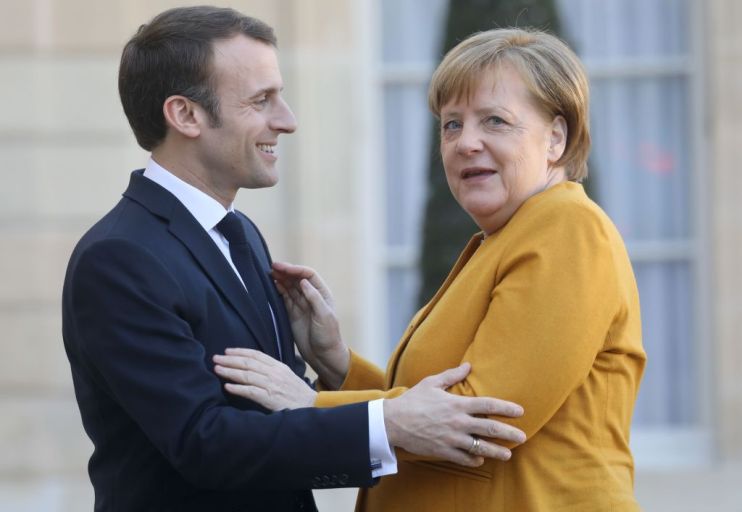Will France soon find a German dance partner for EU reform?

Spare a thought for the President of France, the supremely confident Emmanuel Macron, in his uphill attempt to reform a floundering Europe.
Following the great recession of 2008, the lion’s share of European leaders failed to fix the economic roof while the sun shone, eschewing the difficulties of structural economic reform in favour of the easier prospect of muddling through.
Not so Macron, who has seen that Europe stands precariously on the edge of economic calamity and geopolitical irrelevance.
Aware that French fiscal profligacy has been the perennial excuse for German avoidance of European-wide reform, Macron bravely set about altering this prejudice by changing the facts on the ground. A reformist champion could lead such an effort; a reformist failure could not.
Remarkably and uniquely in the history of the French Fifth Republic, he succeeded in passing serious labour market reforms and then weathering the all-too-predictable abuse of the Parisian street.
But, shorn of their excuse, the Germans did nothing. The diarchy leading the country — led by long-serving time-waster Chancellor Angela Merkel with the support of her colourless minion and heir presumptive Annegret Kramp-Karrenbauer (known universally as AKK) — embarrassedly looked at their shoes.
Instead, the German government passive-aggressively refused to follow through. It wouldn’t even consider the changes that just might make the EU fit for purpose in our new era: establishing a genuine finance ministry, having some form of mutualised common debt, and working for the continent to move more in tandem geo-strategically.
It seemed that, as long as the do-nothing Merkel government remained in power, Macron was bound to remain frustrated — and Europe’s dying hopes for reform would remain quashed.
That is, until the shock of October’s elections in the German state of Thuringia.
The outcome of this obscure local contest saw an increasingly embattled and over-matched AKK lose control of the local Christian Democratic Party (CDU), of which she was the national head. Ignoring her flaccid entreaties, the local CDU chose to vote alongside the heretofore anathema far-right Alternative fur Deutschland (AfD), favouring a third candidate for the Thuringia state leadership.
Merkel was forced to condemn both the local Thuringian CDU party for casting in its lot with the AfD, as well as her ineffectual acolyte AKK for not preventing the mess in the first place. This scolding proved to be the final nail in AKK’s coffin. She dramatically resigned the national leadership of the party, and with it, scuppered Merkel’s plans for a stable succession.
Two very different candidates have since sprung up, contesting the party leadership contest, which will be held on 25 April.
Armin Laschet, regional leader of the populous state of North Rhine Westphalia, has emerged as the compromise candidate, tacitly blessed by both Merkel and the party establishment. A victory for Laschet would signal more of the same, with the CDU hewing to a centrist course domestically, and little hope for German support for European reform.
However, the favourite (and long-time Merkel nemesis) Friedrich Merz is a man cut from an entirely different cloth. Long the standard-bearer of the right wing of the CDU, Merz would amount to a repudiation of Merkellism. Not only would he take the party back to its rightwards home (hopefully hoovering up AfD voters, much as Boris Johnson amalgamated Nigel Farage’s support), but he would be open to a hard-headed deal over Europe with Macron.
At long last, then, there is a glimmer (and that’s all it is) of hope for Macron’s ambitious and necessary European reform agenda.
It is true that, before the Elysee pops the champagne corks, a number of caveats are necessary. In moving to the right, Merz would have to be mindful of betraying the concerns of some of his new eurosceptic constituents.
Even more importantly, German governments are habitually coalitions. Who the CDU enters into coalition with will largely determine its European policy. A deal with the surging centre-left Greens is the best-case scenario, but there are a bewildering array of other possible coalition outcomes, almost all of which lead to further deadlocks over European reform.
However, even with these necessary caveats, one thing is surely clear. The long-slumbering German giant is at last awakening.
What comes next will determine whether Macron’s dream of European reform — the continent’s last opportunity to avoid absolute decline — has a fighting chance.
Main image credit: Getty